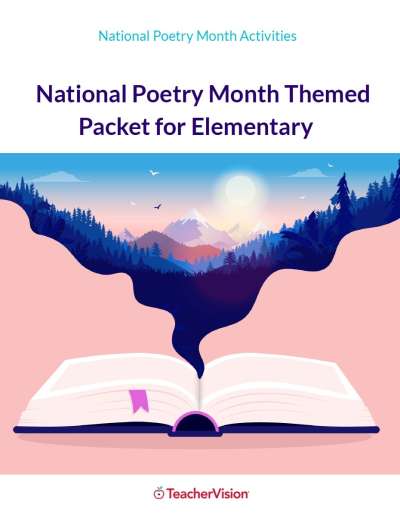Objectives
- Students will obtain information using both the Internet and traditional sources.
- Students will make decisions about the accuracy of online information.
- Students will list their sources in a bibliography.
- Students will incorporate their research into a descriptive travel brochure.
Materials
- Travel brochures (as examples)
- Internet access
- Guide to Citing Internet Resources
Procedures
- Talk about different vacation spots that students are familiar with.
- Ask students to describe why each place is appealing.
- Ask each student to choose a location for a fantasy vacation.
- Discuss where students can look for information about their vacation destinations (travel books, travel brochures, magazines, encyclopedias, Internet).
- Have students determine what they would like to know about their vacation spot.
- Help them create questions that express what they want to find out.
- Consider having students ask classmates to describe their vacation experiences in order to get ideas for their questions.
- Tell students to use both traditional and online sources for their research.
- Remind them that they will be expected to write a bibliography.
- Distribute the Guide to Citing Internet Resources.
- Have students use the information they obtained to help them create a travel brochure.
- Ask students to write a bibliography to document the sources of their information.
- As students prepare their travel brochures, remind them to use words and pictures that appeal to the senses.
- Have students share their brochures.
Standards Correlations
- National Education Technology Standards
- develop positive attitudes toward technology uses that support lifelong learning, collaboration, personal pursuits, and productivity.
- use technology to locate, evaluate, and collect information from a variety of sources.
- demonstrate a sound understanding of the nature and operation of technology systems.
The National Council of Teachers of English
Students: - use a variety of technological and information resources (e.g., libraries, databases, computer networks, video) to gather and synthesize information and to create and communicate knowledge.
- conduct research on issues and interests by generating ideas and questions, and by posing problems. They gather, evaluate, and synthesize data from a variety of sources (e.g., print and nonprint texts, artifacts, people) to communicate their discoveries in ways that suit their purpose and audience.
Students:
- Use the following rubric for evaluating students' ability to complete this lesson.
- finds valuable Internet sources with ease.
- makes educated judgments about the accuracy of Internet sites.
- produces a descriptive, colorful, and well-written travel brochure.
- finds good Internet sources with very few problems.
- evaluates online information with few problems.
- produces a travel brochure that is accurate, but not thorough.
- can navigate within a site, once a specific site is reached.
- needs guidance to evaluate online information.
- produces a travel brochure that is short on descriptive details or has some inaccurate statements.
- navigates the Internet with guidance.
- needs assistance to evaluate Internet sites.
- has difficulty producing a travel brochure independently.
4 Exemplary
Student:
3 Competent
Student:
2 Developing
Student:
1 Emerging
Student:
Students do independent research about a vacation spot and then create a travel brochure describing this location.
Subjects
Themes
TYPE:
Teaching Strategies



